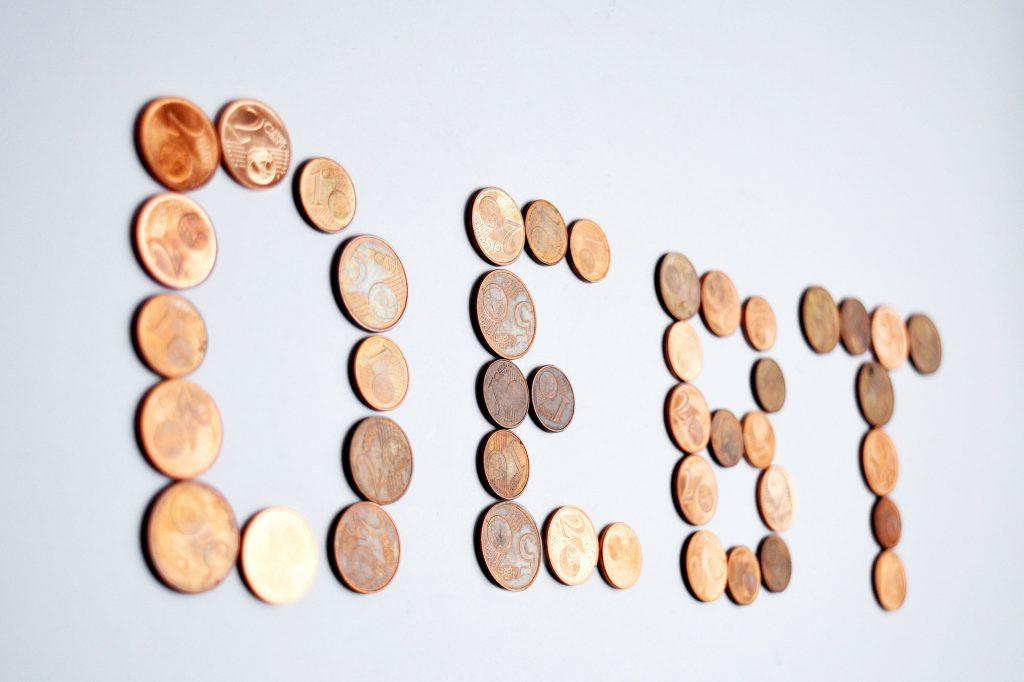Money is an essential part of our lives, and we all have our own beliefs and perceptions about it. However, there are several money myths that Money is an important aspect of our lives, and it’s no surprise that there are many myths and misconceptions about it. These personal finance myths can be harmful to your finances if you believe them and make decisions based on them. This article will cover seven prevalent money myths that you should avoid believing.
The Common Money Myths
Money Myth 1 – Investing requires a lot of money
Lots of people assume that they’ll need huge amounts of money to start investing. Contrarily, one can commence investing with as little as $50 or $100. Various online brokerage companies provide the opportunity to initiate investment with a small amount of funds. One can also opt for low-cost index funds or exchange-traded funds (ETFs) to invest in a broad range of stocks or bonds.

Money Myth 2 – Buy a home instead of renting one
Purchasing a house is a prevalent objective for numerous individuals; however, it may not always be the most financially sound choice. Renting may be a better option if you plan to move frequently or if you live in an expensive real estate market. Moreover, possessing a home entails supplementary expenditures, including property taxes, maintenance, and repairs. Remember to always look at all the costs needed when it comes to buying a home.

Money Myth 3 – Credit cards are bad for your finances
Many people believe that credit cards are bad for your finances and should be avoided. Nonetheless, credit cards can be advantageous if handled prudently. There’s usually perks like cashbacks or you can earn points that’s redeemable for items and free travel. Furthermore, employing a credit card can aid in improving your credit score, which can be crucial when seeking loans or credit in the future.

Money Myth 4 – Pay off your student loans as soon as possible
While it’s important to pay off your student loans, it may not always be the best financial decision to pay them off as soon as possible. If you have a low-interest rate on your student loans, it may be more beneficial to invest your money in the stock market or other assets that provide a higher return. Additionally, you may be able to deduct the interest on your student loans on your taxes, which can reduce your tax liability.

Money Myth 5 – Always buy a new car instead of a used one
Many people believe that buying a new car is always better than purchasing a used one, which is a misconception. However, opting for a used car can be a financially savvy decision. Used cars are frequently more affordable than new ones and can still offer dependable transportation. Moreover, purchasing a used car can help you steer clear of the depreciation that occurs when a new car is driven off the dealership lot.

Money Myth 6 – Quickly pay off your mortgage
Another common money misconception among people is that paying off their mortgage as soon as possible is the best approach, as it can lead to owning their home outright and reducing interest payments. While paying off your mortgage early can be a good financial goal, it may not always be the best use of your money. It may be more advantageous to prioritize paying off high-interest debts like personal loans or credit card debts, rather than focusing on paying off your mortgage quickly. Additionally, investing your money in the stock market or other assets may provide a better return than paying off a low-interest mortgage.

Money Myth 7 – Credit card balance improves credit score
There are individuals who think that maintaining a balance on their credit card and settling only the minimum amount will boost their credit score. However, this is a myth. Carrying a balance on your credit card will only lead to you paying unnecessary interest charges. To enhance your credit score, it’s crucial to ensure that you pay your credit card statement on time and pay the full amount every month.

Stop Believing Money Myths
There are a lot of myths about money out there, and believing them can end up costing you. The best way to avoid these myths is to educate yourself, stay curious, and take charge of your finances. There’s no quick fix for getting rich, but with hard work, discipline, and good planning, you can reach your financial goals and feel secure about your money.
